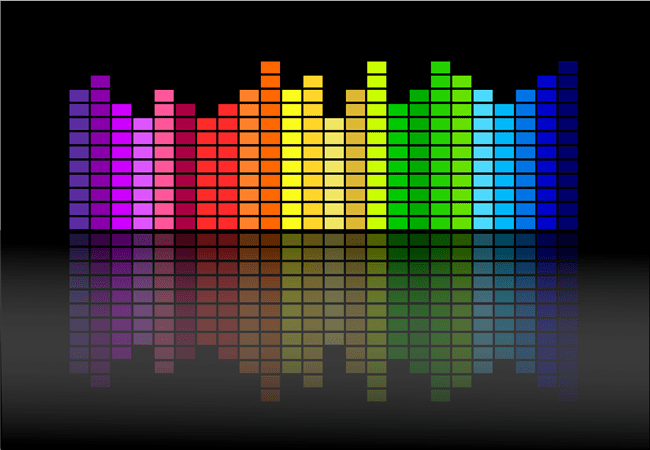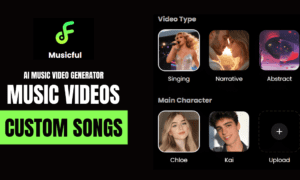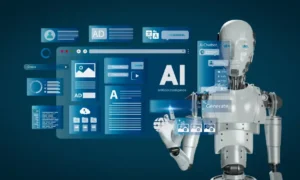Introduction:
In the ever-evolving landscape of music, technology has become a driving force, reshaping the way we compose, produce, and experience our favorite tunes. One of the most exciting frontiers is the intersection of music and artificial intelligence (AI). This synergy between creativity and technology is redefining music composition, giving rise to innovative approaches that were once considered the realm of science fiction.
The Evolution of Music Composition:
Traditionally, music composition was a human-centric process, relying on the creativity and skill of composers to craft melodies and harmonies. However, with the advent of AI, the boundaries of musical creativity have expanded. AI algorithms are now capable of analyzing vast amounts of musical data, identifying patterns, and generating compositions that push the boundaries of conventional music.
AI-assisted Composition Tools:
One notable way in which technology is revolutionizing music composition is through AI-assisted composition tools. These tools empower composers with new possibilities, providing them with a collaborative partner in the form of intelligent algorithms. Composers can input parameters, styles, and moods, and AI algorithms generate musical pieces that align with these specifications. This not only accelerates the composition process but also introduces fresh ideas and unexpected twists to the creative journey.
Enhanced Music Exploration:
Tech-driven music composition goes beyond assisting composers; it also enhances the exploration of musical ideas. AI algorithms can analyze an artist’s existing work, identifying patterns and suggesting variations or new directions. This iterative process allows musicians to experiment with different elements of their compositions, ultimately leading to the discovery of unique sounds and styles.
Personalized Music Creation:
One of the key advantages of AI in music composition is the ability to personalize the creative process. AI algorithms can adapt to the preferences and styles of individual composers, learning from their input and refining their suggestions over time. This personalization not only streamlines the composition process but also fosters a more intimate connection between the artist and the technology they employ.
Collaboration Between Humans and AI:
Contrary to concerns about technology replacing human creativity, the collaboration between humans and AI in music composition is a testament to the synergy of the two. Composers are not being replaced by machines; instead, they are leveraging AI as a tool to amplify their creative potential. This collaboration opens up new avenues for artistic expression, pushing the boundaries of what is musically possible.
Real-time Feedback and Iteration:
One of the transformative aspects of AI in music composition is the ability to receive real-time feedback and iterate on compositions. Composers can interact with AI algorithms, making adjustments on the fly and instantly hearing the impact on the music. This dynamic feedback loop accelerates the creative process and empowers artists to experiment with ideas in a fluid and responsive environment.
Challenges and Ethical Considerations:
While the integration of AI in music composition brings forth exciting possibilities, it also raises important challenges and ethical considerations. Questions about the originality of AI-generated music and the potential for overreliance on technology in the creative process require careful consideration. Striking a balance between human intuition and AI assistance is crucial to preserving the authenticity of musical expression.
The Future Landscape:
As technology continues to advance, the future landscape of music composition holds even more promise. AI algorithms will likely become more sophisticated, understanding nuanced human emotions and translating them into music. The fusion of virtual reality and AI may enable composers to step inside their compositions, experiencing them in immersive environments.
Conclusion:
The intersection of music and artificial intelligence represents a thrilling chapter in the evolution of musical expression. Tech-driven composition tools are not replacing human creativity but rather enhancing it, providing new avenues for exploration and collaboration. As we embrace the possibilities of AI in music composition, it’s essential to navigate the ethical considerations and ensure that technology remains a tool that amplifies the richness of human creativity. The future of music composition is undoubtedly an exciting symphony of human ingenuity and technological innovation.



































